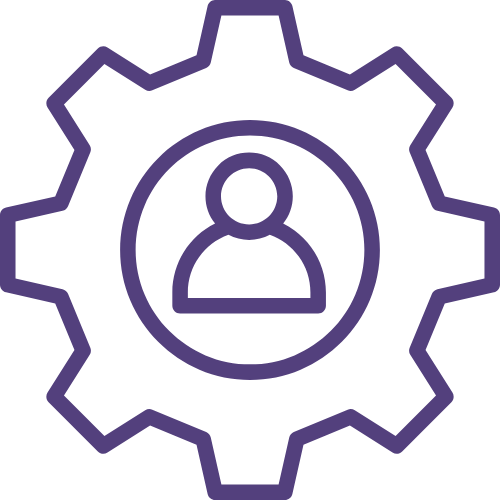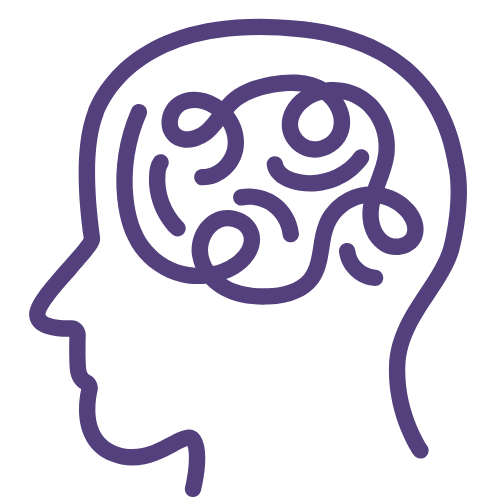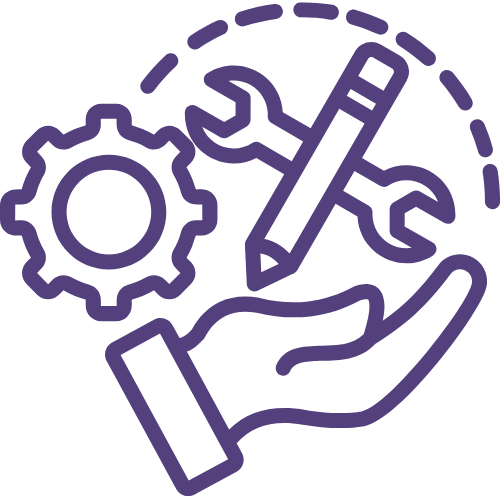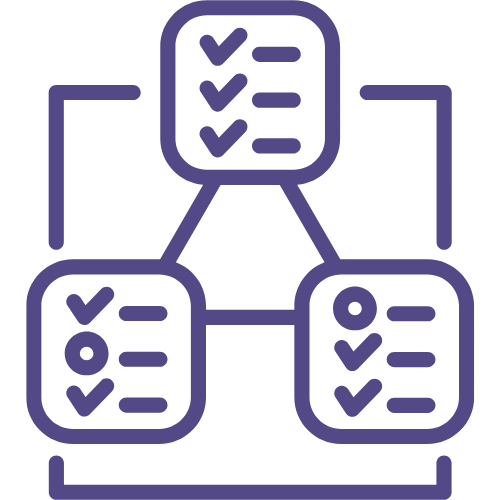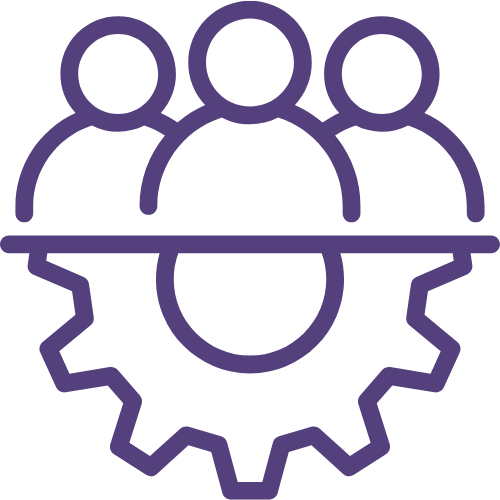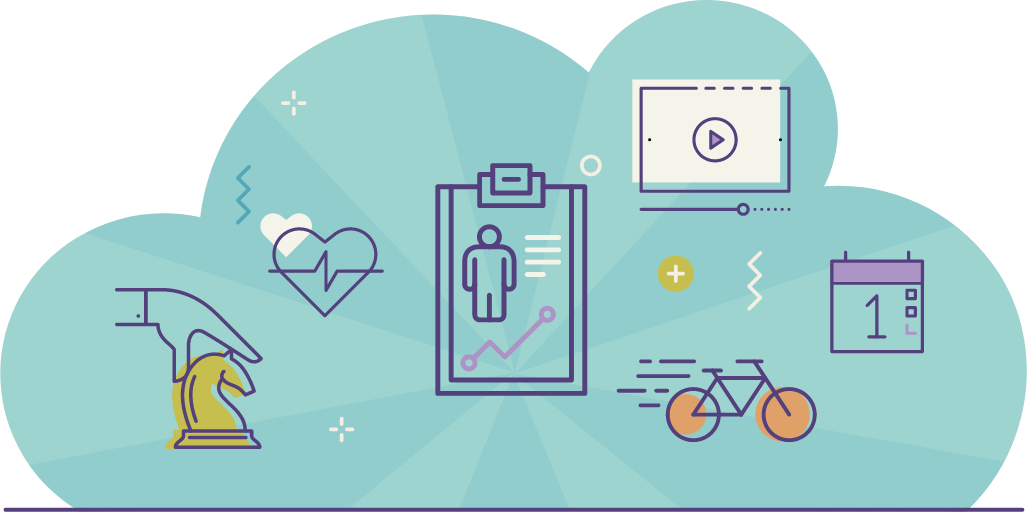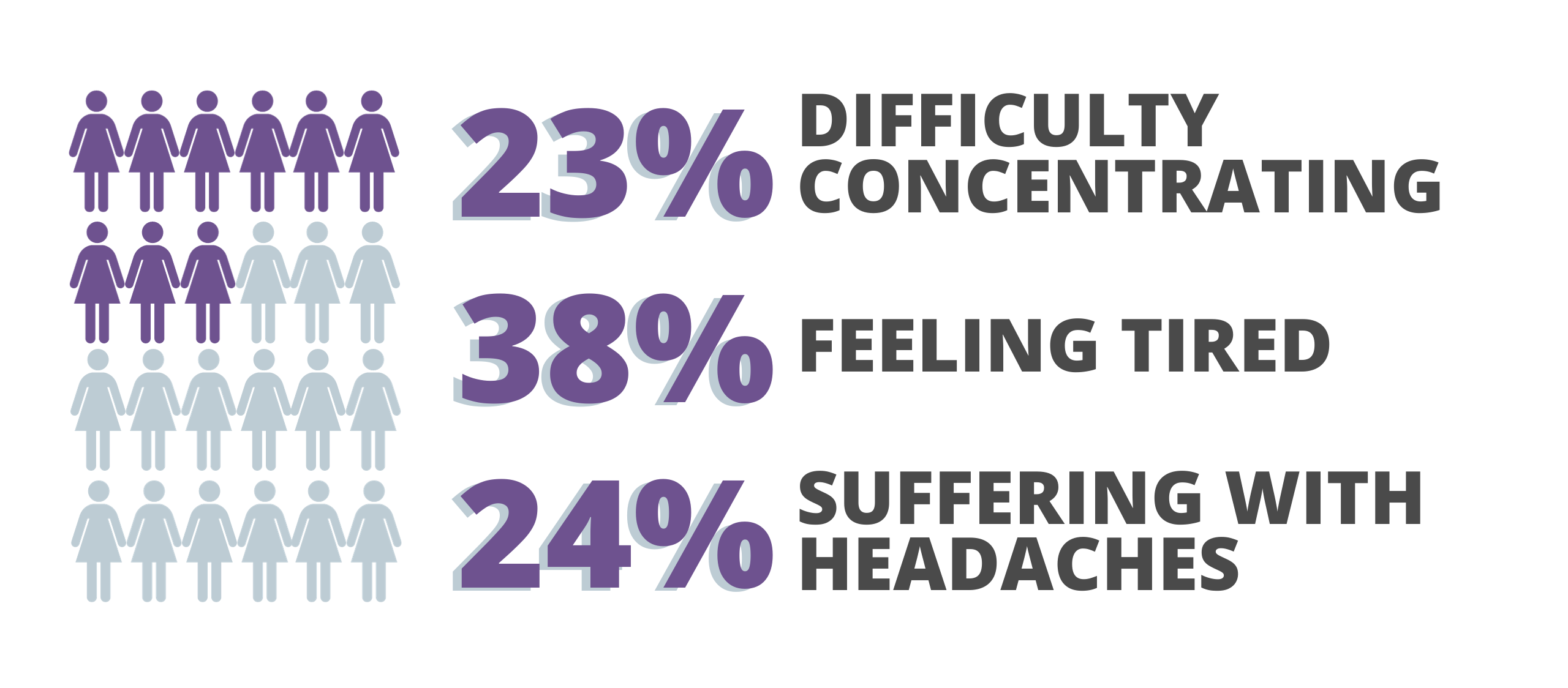The importance of recognising symptoms of menopause and how they impact workplace wellbeing and in turn productivity, has never been greater.
A large survey ‘Menopause in the Workplace’ carried out in 2016 by Ipsos MORI, on behalf of the British Menopause Society (BMS) found nearly half of working women aged 40-65 have experienced 3 or more menopause symptoms while they are working.
Key Facts on Menopause
On average, women were experiencing seven different symptoms and 42% said their symptoms were worse or much worse than expected. More than a third of women surveyed said their symptoms had impacted their work life, with 23% sighting difficulty concentrating, 38% feeling tired and 24% suffering with headaches.
The average amount of time a person experiences symptoms of menopause alters dramatically for each individual but usually lasts about 7 years, although it can be as long as 14 years. It’s therefore easy to see how this can have a huge impact on life and a working individual. The menopausal transition or perimenopause most often begins between ages 45 and 55 (but can start for some as early as age 35). This often falls in line with when they maybe might be at the peak of their career. It’s also notable that with an ageing workforce, the number of women at menopausal age within the workplace is only set to increase.
The average age for a woman to reach menopause is 51, this is when the ovaries no longer release eggs. It is evidenced by a woman going 12 consecutive months without a period, marking the end of a woman’s fertility. It’s this slow and gradual transition to reaching menopause that brings a myriad of unfavourable symptoms. During these years oestrogen is on a rollercoaster whilst progesterone is declining. Our female health specialist describes the impact as being driven by “the communication between brain and ovaries govern your menstrual cycle since you were a teenager and the brain undergoes massive rewiring during perimenopause and the first few years being post-menopause it causes many of the symptoms, making them more pronounced during this recalibration phase”.
The impact of this reshuffling of hormones on daily functioning includes sleep loss, increased anxiety, irritability, and emotional instability, all of which will be due to the brain coping with the changes and lack of oestrogen, as well as shifts in progesterone.
Oestrogen & Progesterone
Oestrogen is the body’s main metabolic hormone supporting brain, skin, bones, and heart health. It also boosts the ‘happy chemical’ serotonin and ‘motivational chemical’ dopamine. Fluctuating oestrogen brings symptoms such as hot flushes, night sweats, mood and cognition issues, slower metabolism, and inflammation.
Progesterone is important for overall sense of wellbeing including good sleep. It is brain protective and an anti-anxiety, calming hormone. It’s important for assisting sleep and supporting an individual’s sense of wellbeing and is described as a “calming hormone”. The loss of progesterone can therefore have a huge impact on wellbeing and confidence.
Be Proactive
Here at SuperWellness, our Understanding and Embracing the Menopause workshop highlights the need for a whole-body system approach. When oestrogen starts to decline it’s a total body system change and therefore it needs a whole-body system approach, including important diet and lifestyle adjustments. We focus on how to achieve effective solutions with small changes such as balancing blood sugars, focusing on a whole food diet with good levels of quality protein, introducing regular opportunities to reduce stress, and key actions to support sleep.
Other than supporting women with education on the menopause, which can often be confusing and misleading, workplaces can implement other changes to assist women going through this new stage of their lives.
Often women haven’t opened up to employers due to stigma or feeling fearful of how they will be thought of. In fact, the Ipos MORI study found that nearly half of women experiencing three or more menopause symptoms had never spoken to anyone at work.
Thankfully things have improved over the last few years with the UK leading the way according to new Ipos research across 33 countries. This survey reviewed attitudes towards menopause around the world and found “that whilst Britain leads the world on feeling comfortable about discussing menopause, knowledge is still lacking and it is a taboo topic for many. Men in particular are less comfortable and knowledgeable despite the fact that most will live with, work with or be friends with women who will experience menopause at some stage in their lives”.
Menopause Support in the Workplace
Breaking down the stigma and taboo at work by normalising the topic and supporting an open culture. Ensuring managers fully understand the topic and the range of symptoms and have the ability to utilise empathy and active listening skills to enable open and honest conversations. Consider workplace modifications where required such as opportunities for flexible working, opportunities to have breaks from the screen and adjustments to workload if necessary.
With menopause support in the workplace historically lacking, and the increase in individuals wanting a menopause-friendly workplace, it’s clear that menopause and workplace adjustments need to be high on employers’ agendas. Some key points of importance include:
- Breaking down the stigma and taboo at work by normalising the topic and supporting an open culture.
- Ensuring managers fully understand the topic and the range of symptoms and have the ability to utilise empathy and active listening skills to enable open and honest conversations.
- Consider workplace modifications where required such as opportunities for flexible working, opportunities to have breaks from the screen and adjustments to workload if necessary.
- Provide both managers and colleagues with menopause training courses and menopause awareness training.
Please note the terms ‘woman’ and ‘women’ is used for conciseness, but the information applies to all those who have ever menstruated, which may include people who identify in another way than female.
Are you looking to make your organisation more menopause-friendly? Have a look at our workshops below for more support and tips:
- – Understanding and Embracing the Menopause
- – Introduction to Menopause Awareness at Work
- – Menopause Awareness at Work Training
References
[1] Menopause in the Workplace: https://www.ipsos.com/sites/default/files/ct/news/documents/2020-10/menopause-and-the-workplace-ipsos.pdf
[2] National Institute on Ageing – What is Menopause: https://www.nia.nih.gov/health/what-menopause#:~:text=The%20years%20leading%20up%20to,as%20long%20as%2014%20years
[3] Global views on Menopause: https://www.ipsos.com/sites/default/files/ct/news/documents/2022-10/Ipsos-Global%20Views%20on%20Menopause.pdf


